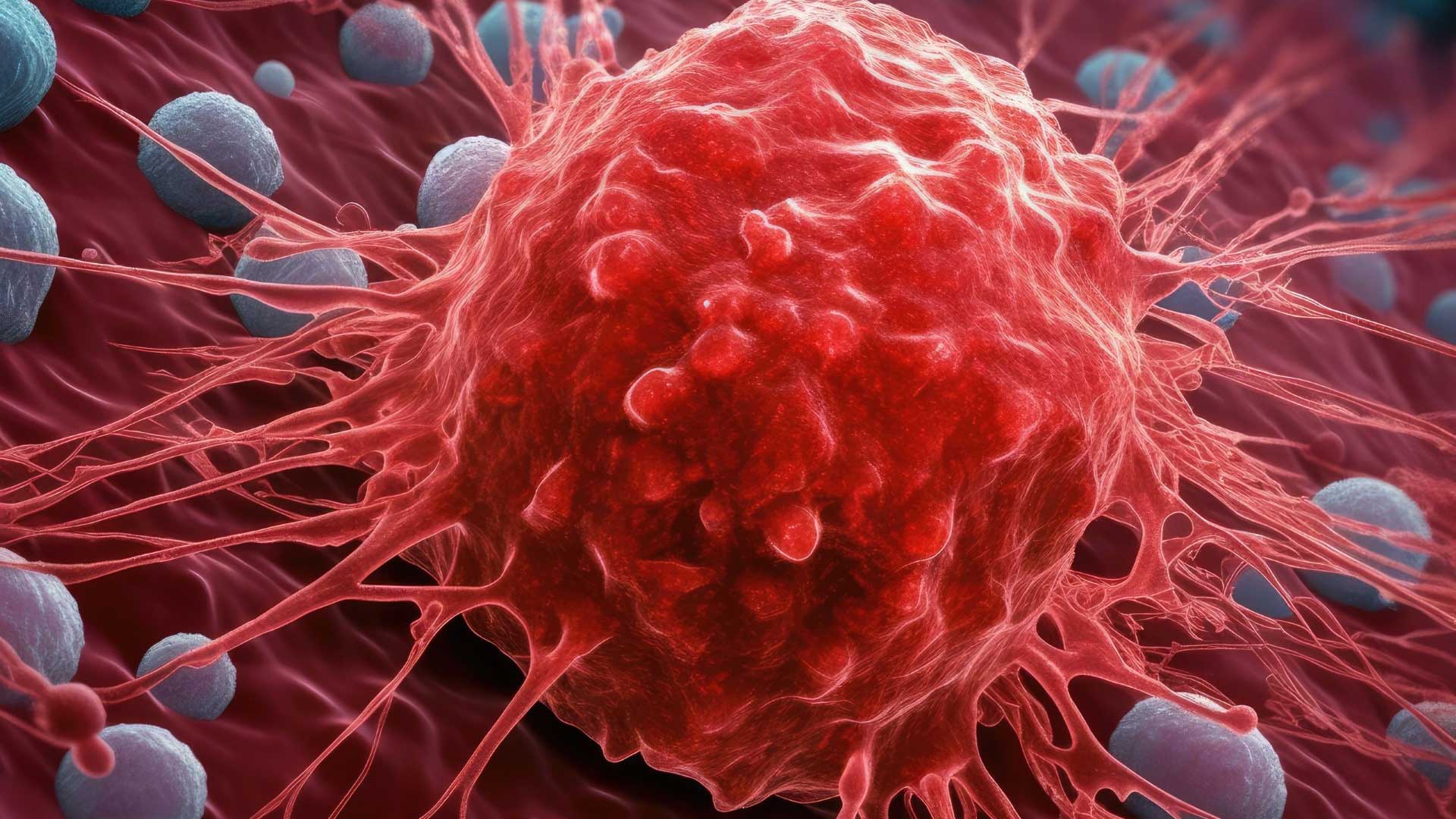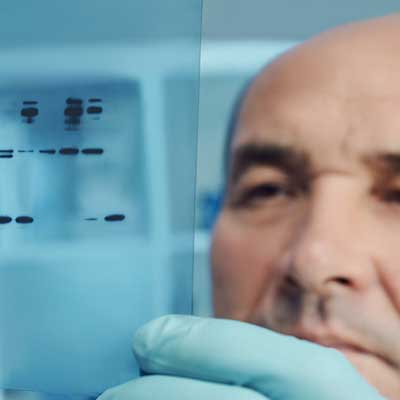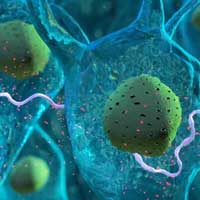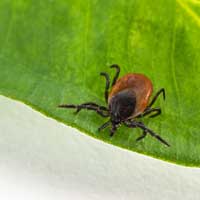Dr. John Oertle of Envita Medical Centers Featured by Several Media Outlets as He Highlights the Hidden Carcinogens in our Environment

There are many more cancer-causing agents in our environment, going beyond the commonly known causes, such as tobacco use and UV radiation. "Cancer-causing agents, known as carcinogens, can be of various types and forms, working toward triggering mutations in the human body that lead to the development of cancer," said Dr. John Oertle, Chief Medical Officer at Envita Medical Centers in Scottsdale, Arizona.
He explained that environmental carcinogens often involve synthetic derivatives of industrial byproducts in addition to solvents, heavy metals, pesticides, radioisotopes, and even carcinogenic microbes. “These hidden carcinogens are ubiquitous but often avoidable if people are aware of their inherent dangers," said Dr. Oertle.
Dr. Oertle has published extensively about Environmental Carcinogens and the Kinds of Cancers They Cause. Highlighting some of the carcinogens and the potential cancer risks they are associated with, Dr. Oertle, added that asbestos exposure can increase the risk of lung, mesothelioma, gastrointestinal, colorectal, throat, kidney, esophagus, and gallbladder cancers. There are many more such environmental carcinogens, such as Organochlorides, Chromium, and Nickel, which could be potentially detrimental to human health, leading to life-threatening diseases, like cancer.
Here is a list of some of the hidden carcinogens, their sources, and the types of cancer they cause:
| Carcinogens | Source | Types of Cancer |
|---|---|---|
| Tobacco | Cigarette | Mouth, Nose, and Throat, Larynx, Trachea, Esophagus, Lungs, Stomach, Pancreas, Liver, Kidneys and ureters, Bladder, Colorectal, Cervix, and Leukemia |
| Organochlorines | Pesticides and Solvents | Breast, Colorectal, Pancreatic, Prostate, Lung, Oral/ Nasopharyngeal, Thyroid, Adrenal, Lymphoma, and Gallbladder |
| Polycyclic Aromatic Hydrocarbons | Cigarette smoke, Vehicular Exhaust, Roofing Tar, Occupational Settings, and Pharmaceuticals | Breast. Skin, Lung, Bladder, and Gastrointestinal |
| Volatile Organic Compounds | Air, Groundwater Solvents, Cigarette Smoke, Automobile Emissions, and Gasoline | Lung, Leukemia, and Nasopharyngeal, Lymphohematopoietic, and Sinonasal |
| UV Radiation | Sun and Tanning Beds | Basal Cell Carcinoma, Squamous Cell Carcinoma, and Melanoma |
| Radon | Soil | Leukemia, Lymphoma, Skin, Thyroid, Various Sarcomas, Lung, and Breast |
| Asbestos | Building Insulation | Lung, Mesothelioma, Gastrointestinal, Colorectal, Throat, Kidney, Esophagus, Gallbladder |
| Cadmium | Paints, Batteries, and Stabilizing Agent in Plastics | Lung, Prostate, Pancreas, and Renal |
| Chromium | Chrome Plating, Welding, Leather Tanning, and Ferrochrome Metals | Lung |
| Nickel | Electroplating, Circuitry, Electroforming, and Batteries | Lung |
Viruses
| Microbes | Types of Cancer |
|---|---|
| EBV | Hodgkin Lymphoma, Burkitt Lymphoma, Diffuse Large B Cell Lymphoma, Pyothorax, Lymphoma, Nasopharyngeal Carcinoma, Gastric Carcinoma, and Leiomyosarcoma |
| HBV/HCV | Hepatocellular Carcinoma |
| HHV-6 | Oral Squamous Cell Carcinoma, Hodgkin's Disease, Non-Hodgkin's Lymphoma, and Cervical Carcinoma |
| HHV-8 | Kaposi's Sarcoma and Primary Effusion Lymphoma |
| HPV | Cervical Cancer |
| HTLV-1 | Adult T-Cell Leukemia/ Lymphoma |
| MCPyV | Merkel Cell Carcinomas |
Bacteria
| Microbes | Types of Cancer |
|---|---|
| Borrelia burgdorferi | Primary Cutaneous B-Cell Lymphoma |
| Chlamydia pneumoniae | Lung Cancer |
| Helicobacter pylori | Gastric Carcinoma |
| Mycoplasma | Gastric and Colon Carcinoma |
| Salmonella typhi-1 | Cholangiocarcinoma |
| Streptococcus bovis | Colorectal Cancer |
| MCPyV | Merkel Cell Carcinomas |
Fungi
| Microbes | Types of Cancer |
|---|---|
| Aspergillus flavus and Aspergillus parasiticus | Hepatocellular Carcinoma |
To know more about hidden carcinogens, read the article published by several media outlets here.
* The 3rd party actuarial response data is based on an analysis 87 out of 129 patients that participated in Envita's Treatment Program in 2020. 42 patients were removed from the cohort due to the patients' inability to start or complete Envita's prescribed treatment for a variety of reasons, including advanced disease state, disease progression or inability to travel.















